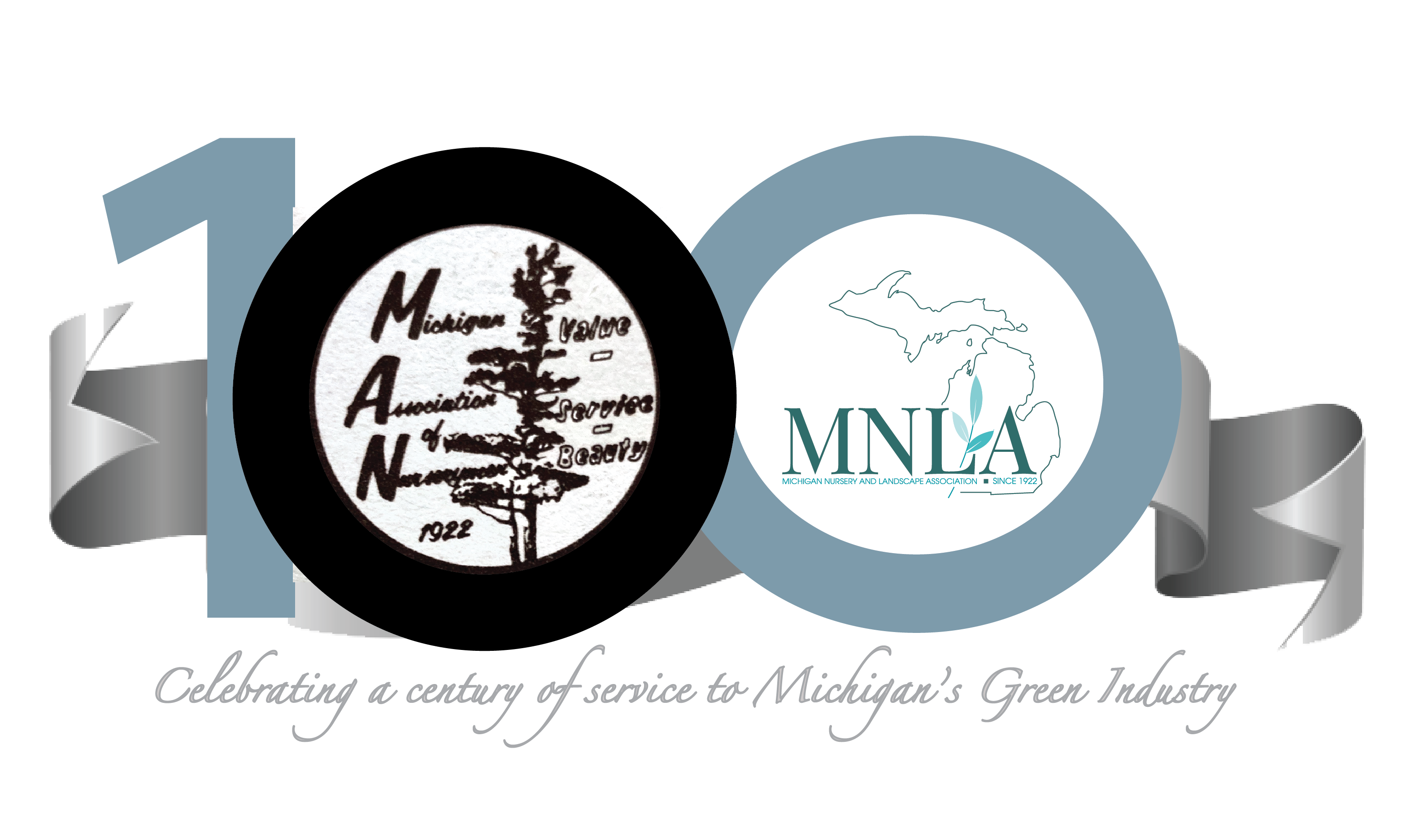From the National Association of Landscape Professionals:
Coronavirus Resources for Lawn Care and Landscape Companies
We are monitoring the development, regulations, and guidance surrounding the coronavirus (COVID-19). We know that our industry takes the safety of its employees and clients very seriously, and we want to do what we can to help your company deal with this situation.
Federal Resources
- NEW - OSHA Guidance on Preparing Workplaces for COVID-19
- CDC COVID-19 guidance for companies
- CDC COVID-19 resources in English, Spanish and Chinese
- OSHA COVID-19 information for companies
Member Shared Resources
Many companies are scrambling to deal with this quickly evolving situation. The following resources have been shared by NALP members to help fellow landscape companies. The positions expressed are solely their own.
Company Plan to Deal with Coronavirus - Provided by Sun Valley Landscaping, Omaha, Nebraska
Pandemic Plan - Provided by Gachina Landscape, Menlo Park, California
Coronavirus Company Safety Plan - Provided by Pacific Landscape Management
Government Relations Updates
- We are advocating with federal state and local officials that landscape services are seen as essential to ensure your ability to continue servicing customers during these difficult times.
- We are working with Congress to ensure a thoughtful stimulus package is swiftly approved that provides aid to those most impacted by the coronavirus, but that doesn’t bankrupt businesses in the process. Click here to see a letter sent to Senate Leadership yesterday.
- We are fighting to keep the H-2B program functioning during this difficult time and working with DHS, DOL, and the State Department to get current and accurate information to you.
Safety
- We suggest that companies monitor and comply with all Federal, State, or Local advisories and precautionary measures, and closely monitor employee health and, as the CDC advises, actively encourage sick employees to stay home and notify their supervisors if an employee has had close with someone who has contracted COVID-19. Read the CDC Guidance for Business and Employers for more information.
- COVID-19 is a recordable illness. OSHA recordkeeping requirements at 29 CFR Part 1904 mandate covered employers record certain work-related injuries and illnesses on their OSHA 300 log. Note that while 29 CFR 1904.5(b)(2)(viii) exempts recording of the common cold and flu, however, COVID-19 is a recordable illness when a worker is infected on the job. Visit OSHA’s Injury and Illness Recordkeeping and Reporting Requirements page for more information.
- Be extra vigilant about disinfecting Personal Protective Equipment PPE equipment. Many industry job functions have the benefit of PPE. Ensure that the equipment is properly disinfected.
Business Planning
The CDC suggests that employers plan to be able to respond in a flexible way to varying levels of severity of a possible outbreak and be prepared to refine business response plans as needed and communicate regularly with employees. A few things to consider include ways to reduce transmission among staff, protecting people who are at higher risk for adverse health complications, maintaining business operations, and minimizing adverse effects on other entities in their supply chains.
Key considerations
- Disease severity (i.e., number of people who are sick, hospitalization and death rates) in the community where the business is located
- Prepare for possible increased numbers of employee absences due to illness in employees and their family members, dismissals of early childhood programs and K-12 schools due to high levels of absenteeism or illness.
- Cross-train personnel to perform essential functions so that the workplace can operate even if key staff members are absent.
- Explore whether you can establish policies and practices, such as flexible worksites (e.g., telecommuting for some employees) and flexible work hours (e.g., staggered shifts), to increase the physical distance among employees and between employees.
- Be prepared to change your business practices if needed to maintain critical operations (e.g., identify alternative suppliers, prioritize customers, or temporarily suspend some of your operations if needed).
- Coordination with state and local health officials is strongly encouraged for all businesses so that timely and accurate information can guide appropriate responses in each location where their operations reside. Since the intensity of an outbreak may differ according to geographic location, local health officials will be issuing guidance specific to their communities.
- Share your plan with employees and explain what human resources policies, workplace and leave flexibilities, and pay and benefits will be available to them.
- Limit employee huddles and in-person meetings

